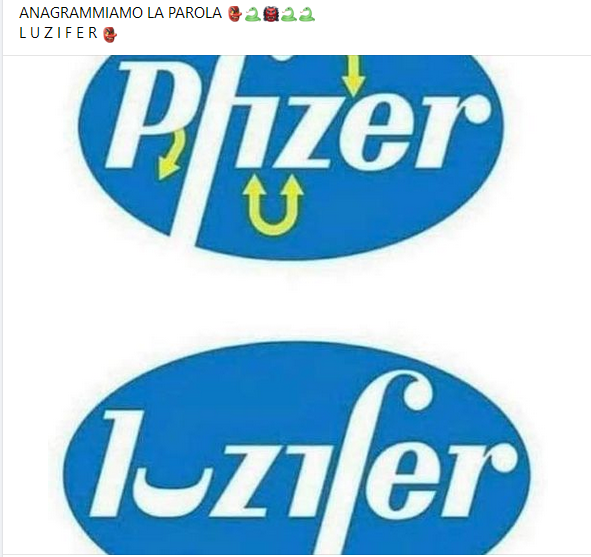Since the start of the Ukraine war, tech platforms have made life very difficult for Roman Dobrokhotov.
“Our traffic was growing quickly after the full-scale invasion started. Millions of Russian people wanted to learn more from our investigations… But because of this [downranking] we are losing millions of readers.” — The Insider founder Roman DobrokhotovFounder of Russia-focused outlet The Insider, Dobrokhotov has led investigations of Russia-linked assassinations around the world, developing a reputation as one of the leading journalists covering Russia’s intelligence services. But a few months after the war began, The Insider’s Facebook traffic abruptly dropped to zero, an indication that the site had been severely downranked.
Dobrokhotov was able to make contact with someone at Facebook, but it didn’t do much good. “They explained it with the fact that they decided not to promote political content,” he told me, “which is silly because we just wanted to show our content to the 100,000 people who decided to subscribe to our content in Facebook.”
Google hasn’t been much better. The Insider has been intermittently blocked from Google’s News and Discover services (possibly because it ran afoul of the services’ content policies), and Dobrokhotov suspects the site has been downranked in Google Search, too.
“Our traffic was growing quickly after the full-scale invasion started,” Dobrokhotov told me. “Millions of Russian people wanted to learn more from our investigations… But because of this [downranking] we are losing millions of readers.”
It’s a common problem for independent media outlets in Russia. In a survey conducted last month by the International Republican Institute, 14 out of the 16 Russian civil society groups interviewed had experienced platform issues since the war began. Six reported problems with Google Search specifically.
It’s a particularly serious blow because outlets like The Insider are already facing intense censorship from within Russia. The Insider’s website is blocked in Russia, and only accessible through a VPN. On YouTube, The Insider’s videos are swarmed by trolls sympathetic to Putin, who keep the videos out of recommendations by mass-reporting them. Online platforms are among the few ways to get around that censorship — but they’ve shown little interest in helping journalists like Dobrokhotov reach his audience.
Some of these complaints have been common in media circles for years. Companies like Meta and Alphabet are opaque and self-interested; they’re unreliable partners in the precarious world of digital media. But the urgency of the Ukraine war has put particular pressure on dissident media, which is now caught between a hostile regime at home and increasingly indifferent online platforms.
“It’s sad to see that the Big Tech censorship appeared to be stronger than the Kremlin’s.” — Roman DobrokhotovMeta has been explicit about its efforts to limit the political content that shows up in the company’s various news feeds, which was bound to hurt coverage of high-stakes issues like the war. In service of that goal, Facebook’s algorithms have become wary of any content that can be seen as controversial. With trolls already trying to suppress any content critical of Putin, it’s nearly impossible for content to make it through. The basic structure of the feed already makes it impossible to challenge or explain a change in ranking — so there’s very little that outlets like The Insider can do.
At the same time, the pressure from repressive governments has grown even harder to ignore. I wrote last year about X’s lax approach to government takedown requests. Just this month, the anti-hate speech project Hindutva Watch was taken offline following government orders to X and internet service providers. Governments are getting better at taking down content, and platforms are less interested in fighting to keep it up.
For The Insider, it means that reaching an audience has become a challenge. “It’s sad to see that the Big Tech censorship appeared to be stronger than the Kremlin’s,” Dobrokhotov says. “I think Vladimir Putin is very grateful.”
This article was originally published by Rest of World, a nonprofit newsroom covering the effect of technology outside the West, in Exporter, a weekly newsletter covering the latest on US tech giants and their impact outside the West. It republished here with permission.
 Russell Brandom is the US tech editor at Rest of World.
Russell Brandom is the US tech editor at Rest of World.

 2 months ago
23
2 months ago
23


